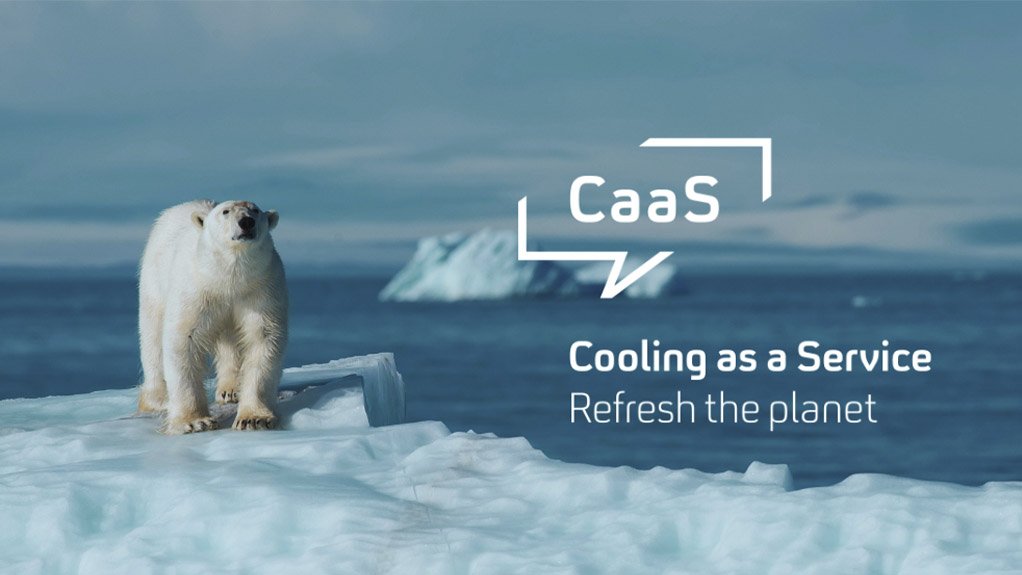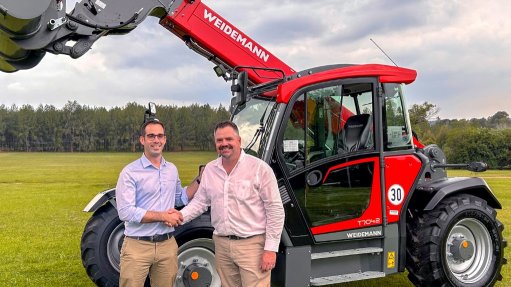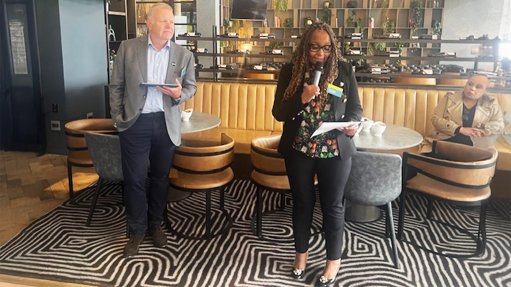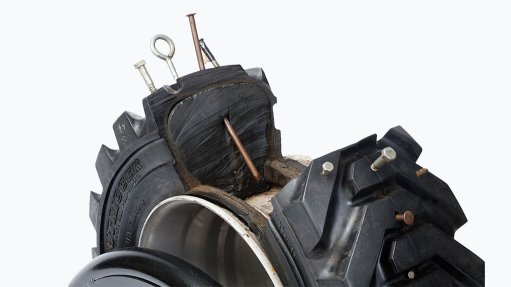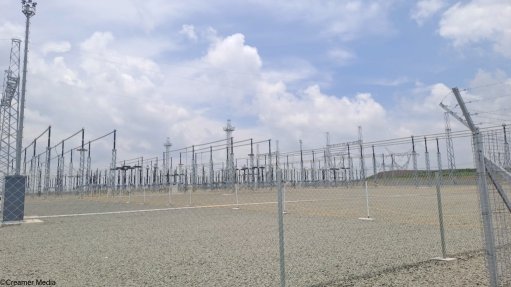What will it take for industrial cooling to meet the environmental challenge?
Industrial cooling systems are among the most significant contributors to greenhouse gas (GHG) emissions due to their high energy consumption and the potential leakage of harmful refrigerants.
To meet stringent environmental regulations and societal expectations, businesses need to embrace a transformative approach to cooling. Enter Cooling as a Service (CaaS), a compelling solution that sets a path to sustainable, efficient and financially viable cooling, already adopted by the likes of Sovereign, Letaba Packers, Clover SA and Dr Oetker.
From Ownership… to Usership
Pioneered in South Africa by Energy Partners, CaaS embodies a profound shift in how cooling systems are financed, operated and maintained.
In the traditional transactional model, businesses typically invest heavily in cooling equipment and bear the cost of operation and maintenance.
In contrast, CaaS clients pay only for the cooling they use (at a fixed tariff), and the CaaS supplier retains full ownership of and responsibility for the cooling system, including operational costs.
This shift not only alleviates the financial burden on clients but also ensures optimal system performance by shifting the risk of efficiency and up-time to the CaaS supplier who is now incentivised to take responsibility for this.
Efficiency Wins = Environmental Wins
Inefficient cooling systems degrade over time, leading to increased energy consumption and higher GHG emissions.
For instance, refrigeration systems’ efficiency can degrade by 2% to 3% a year if no one is responsible for them, resulting in a 34% increase in electricity consumption over a decade.
Yet CaaS suppliers are incentivised by the model itself to keep systems operating at peak efficiency. By using the latest technologies and performing regular maintenance, these systems consume less energy, directly reducing their carbon footprint. This is crucial as electricity represents 70% of the life cycle costs of cooling systems.
At the Forefront of Technological Innovation
Some of the measures CaaS suppliers such as Energy Partners use to optimise cooling performance, and thus mitigate environmental impact, include:
- Advanced controls and automation which allow for real-time monitoring and precise control of cooling parameters, ensuring that the equipment operates at peak efficiency.
- Predictive maintenance technologies, which utilise data analytics and machine learning to anticipate and address potential issues before they lead to system failures, which extends the lifespan of cooling equipment, contributes to lower energy use, and enhances energy efficiency.
- Natural refrigerants, such as ammonia and CO2, which have lower global warming potential compared to synthetic alternatives. By adopting these refrigerants, CaaS providers significantly reduce the GHG emissions associated with cooling systems. Additionally, natural refrigerants often result in more efficient cooling performance, leading to further energy savings.
- The integration of renewable energy, such as solar power, into cooling systems. For instance, the installation of a 1.6 MW solar power system at Clover SA's facility not only provided 16% of the electricity used but also contributed to a reduction of 2 100 metric tons of GHG annually.
- Smart data management, crucial for optimising cooling system performance. By leveraging big data and Internet of Things technologies, CaaS providers gain insights into system operations, identify inefficiencies and implement corrective measures, ensuring that cooling systems are always operating at their most energy efficient.
A Real-World Example: Clover SA
In 2019, Clover SA sought to optimise its operations by consolidating 14 factories into four mega-factories. The existing refrigeration system was outdated and incapable of handling the increased load.
Energy Partners invested R360-million to design and build an integrated refrigeration, steam and power plant for Clover SA at their Queensburgh, KwaZulu-Natal, mega-factory.
The new system, which includes a 10 MW two-stage ammonia cooling plant and a 1.6 MW solar power system, was engineered to be installed with minimal disruption to Clover's production. The results were impressive:
- Operational costs reduced by R725-million over 20 years
- Cooling efficiency increased by 40%
- 2 100 metric tons of GHG saved annually
- 132-million tons of CO2 emissions avoided over 20 years.
Ready to Transform Your Cooling Systems?
CaaS is not just a model for improving cooling system efficiency; it is a transformative approach that aligns with global sustainability goals. By embracing this model, businesses can significantly reduce their environmental impact, improve financial performance and contribute to a sustainable future.
To find out if CaaS is the industrial cooling solution for your operations, schedule a consultation today with Samuel Jacobs at samuelj@energypartners.co.za
Article Enquiry
Email Article
Save Article
Feedback
To advertise email advertising@creamermedia.co.za or click here
Comments
Press Office
Announcements
What's On
Subscribe to improve your user experience...
Option 1 (equivalent of R125 a month):
Receive a weekly copy of Creamer Media's Engineering News & Mining Weekly magazine
(print copy for those in South Africa and e-magazine for those outside of South Africa)
Receive daily email newsletters
Access to full search results
Access archive of magazine back copies
Access to Projects in Progress
Access to ONE Research Report of your choice in PDF format
Option 2 (equivalent of R375 a month):
All benefits from Option 1
PLUS
Access to Creamer Media's Research Channel Africa for ALL Research Reports, in PDF format, on various industrial and mining sectors
including Electricity; Water; Energy Transition; Hydrogen; Roads, Rail and Ports; Coal; Gold; Platinum; Battery Metals; etc.
Already a subscriber?
Forgotten your password?
Receive weekly copy of Creamer Media's Engineering News & Mining Weekly magazine (print copy for those in South Africa and e-magazine for those outside of South Africa)
➕
Recieve daily email newsletters
➕
Access to full search results
➕
Access archive of magazine back copies
➕
Access to Projects in Progress
➕
Access to ONE Research Report of your choice in PDF format
RESEARCH CHANNEL AFRICA
R4500 (equivalent of R375 a month)
SUBSCRIBEAll benefits from Option 1
➕
Access to Creamer Media's Research Channel Africa for ALL Research Reports on various industrial and mining sectors, in PDF format, including on:
Electricity
➕
Water
➕
Energy Transition
➕
Hydrogen
➕
Roads, Rail and Ports
➕
Coal
➕
Gold
➕
Platinum
➕
Battery Metals
➕
etc.
Receive all benefits from Option 1 or Option 2 delivered to numerous people at your company
➕
Multiple User names and Passwords for simultaneous log-ins
➕
Intranet integration access to all in your organisation



